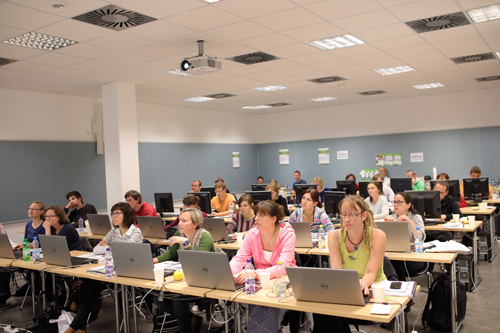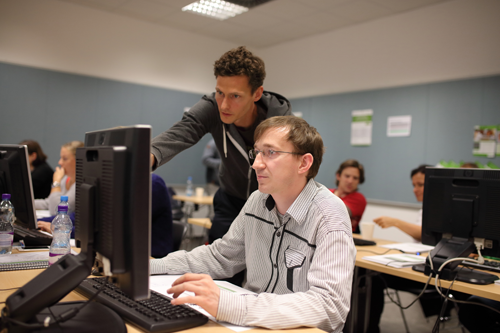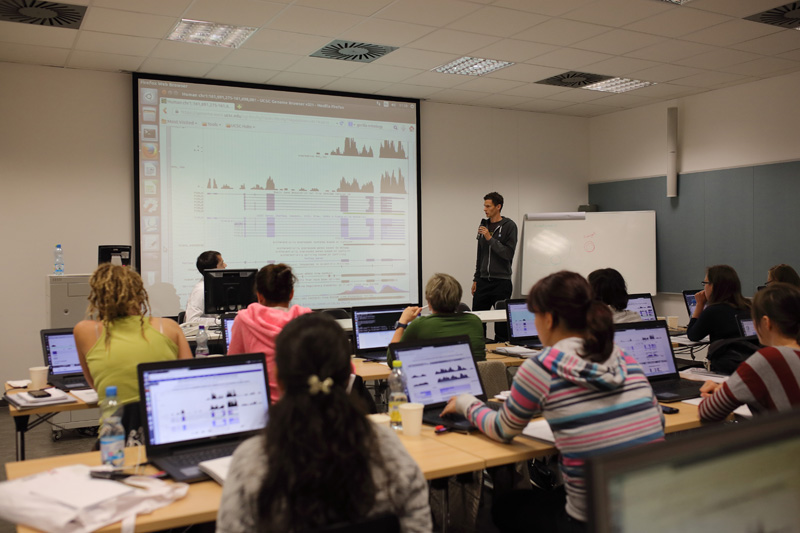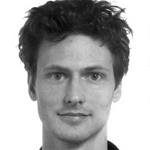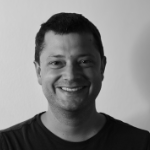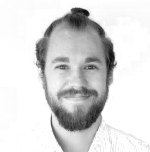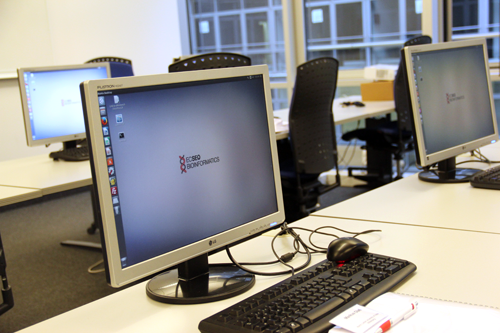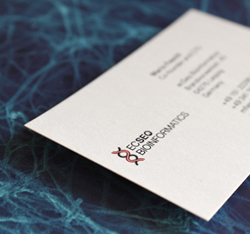Satisfaction with workshop contents
Satisfaction with workshop trainers
Satisfaction with workshop design
"The course was designed for people starting their
work with RNA-Seq and was very well prepared and led. The information is provided
in a clear and accessible manner and, most importantly, from a practical point
of view. The trainers have extensive experience and provide valuable insights
into the real problems arising from data analysis. I am happy to have had opportunity
to attend these workshops. The knowledge and skills acquired during the workshops
will be of great help in planning my own experiments and will enable me to start
analyze the data on my own. I definately recommend these workshops to anyone planning
RNA-seq experiments." Dorota Magner, Institute of Bioorganic Chemistry Polish Academy, March 2017.
"The workshop was really informative and conveyed
a realistic overview of current RNA-Seq analysis. I particularly liked the emphasis
on taking into account the experimental conditions and the goal of the study."
Christian Bach, University Hospital Erlangen, March 2017.
"I was particularly impressed with the emphasis on
teaching us how to THINK about our analyses, rather than just follow a series
of commands. Your focus on anticipating potential sources of error, never blindly
trusting that a command or piece of software has done what you think it''s done
without confirming (as well as teaching us ways to confirm) left us with a skill
set that is independent of a particular pipeline, and will serve us well as our
interests (and the available software) change. The active exercises were clearly
designed extraordinarily carefully and were really effective not just in applying
what we''d just learned, but in seeing how you might fall into an analysis/interpretation
trap if you are not careful. This really was a mindset/philosophy of analysis
training as much as it was practical training, and I value that enormously. Thank
you!" Prof. Morgan Benowitz-Fredericks, Bucknell University, March 2017.
Please find all NGS course reviews here.

